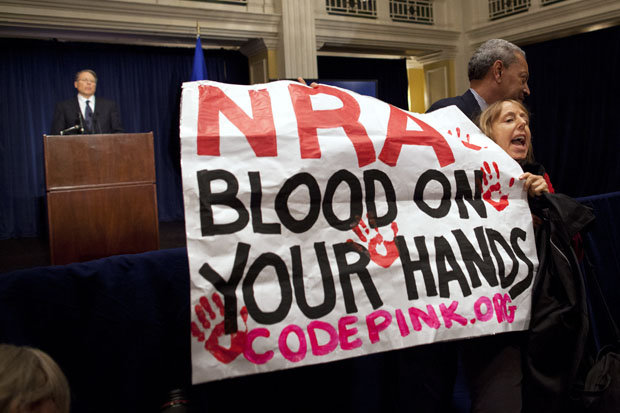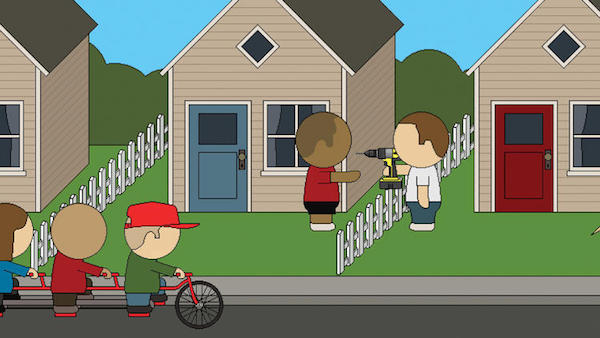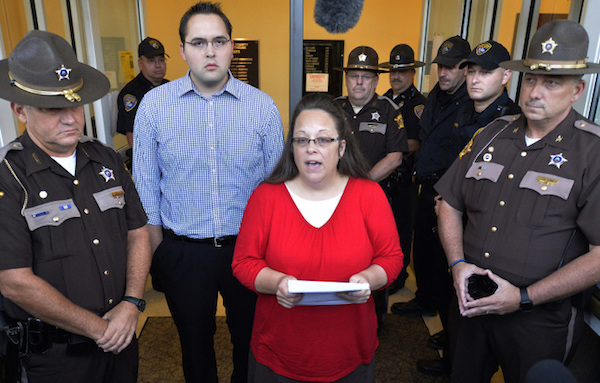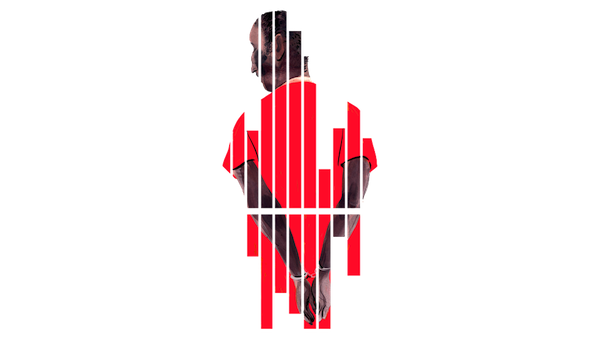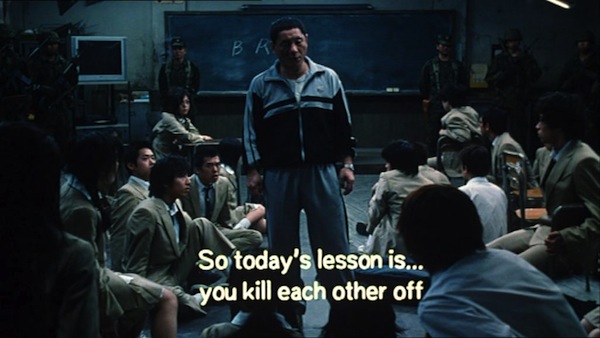What makes more difference in the world: doing good or being right?
Like most human beings with an ounce of self-awareness, I generally think of myself as a good person. Not the best, not a saint, but mostly good. I suspect even people who are not that great on paper must at least be able to justify to themselves that they are not, on balance, bad.
Also like most human beings, there are other human beings that drive me nuts, who I wish would fundamentally change their behavior or beliefs because in my mind, they are hurting the world and dragging us down with them.
(An example, from my point of view: those who would defund Planned Parenthood, militant gun-rights advocates unwilling to discuss regulation or reduction, anyone who still behaves in actively racist or homophobic ways. An example from the opposite point of view: people like me who don’t listen to the Bible or Constitution and want to ruin what’s great about America.)
If both parties think they are generally right, and generally good, then someone must be wrong. They can’t both be equally right. So instead of taking sides, maybe some objectivity can come into play.
Imagine Person X believes strongly in Issue X, where Issue X is something you disagree with strongly. (pro-life vs pro-choice, gun rights vs gun control, marriage equality vs tradition, etc).
You think you are on the right side of Issue X, obviously, and by living in the world not being wrong, not perpetuating ignorance, and voting your beliefs every two or four years, you are doing good. Maybe sometimes you fill out an online petition or donate money.
Person X is, in your mind, totally on the wrong side of history here. They are actively hurting the world with their ignorance. But they do volunteer work every week for the community (through church, school, etc) that helps actual people on a regular basis, and are overall very friendly and generous. Just wrong.
Who is the better person?
